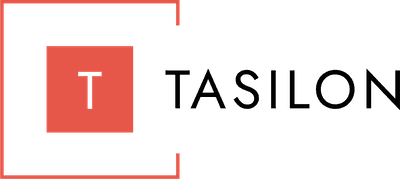
Accountability and Safeguarding Against Future Liability
Artificial Intelligence (AI) is transforming industries at an unprecedented pace, from healthcare and finance to law enforcement and education. But with this rapid adoption comes a pressing question: who is accountable when AI gets it wrong? The ethical dimensions of AI accountability and liability are no longer theoretical—they are essential to ensuring trust, safety, and long-term sustainability.
Why Accountability Matters in AI
AI is unique in its ability to make autonomous decisions, often using complex algorithms that even developers may struggle to fully explain. This opacity creates a “black box” problem, where understanding how an outcome was reached is difficult. If an AI system denies a loan, misdiagnoses a patient, or unfairly profiles an individual, who bears responsibility? Is it the developer, the deploying organization, or the AI itself? Ethical accountability ensures that responsibility is never lost in this chain.
Safeguarding Against Future Liability
To safeguard against future liability, organizations must move beyond compliance checklists and embed ethical foresight into the design and use of AI. This includes:
- Transparent Documentation Keeping a clear record of data sources, training methods, and system decisions.
- Bias Detection and Auditing Regularly testing AI models for discriminatory outcomes or unfair biases.
- Human Oversight Ensuring critical decisions, especially those impacting rights and well-being, involve human review.
- Continuous Monitoring Updating AI models as conditions change, preventing outdated or harmful outputs.
- Clear Lines of Responsibility Defining accountability from developers to executives, so liability isn’t unfairly shifted to end-users or vulnerable communities.
The Role of Regulation and Governance
Safeguarding also requires proactive regulation. Policymakers must establish adaptive frameworks that balance innovation with protection. For example, AI in healthcare may need stricter liability rules than AI used in marketing. By anticipating risks—such as deepfakes, autonomous weapons, or discriminatory hiring tools—governance can prevent harm before it occurs.
Building Trust Through Ethical AI
Ultimately, accountability in AI isn’t just about managing liability after harm occurs; it’s about preventing harm in the first place. When companies and governments commit to transparency, fairness, and human-centered oversight, they not only safeguard against future liability but also build public trust. As AI continues to evolve, embedding accountability into its foundations will be the key to ensuring it serves humanity responsibly.
Final Thought: Accountability in AI is not optional—it’s the ethical backbone of innovation. The more we safeguard today, the less we will need to repair tomorrow.
